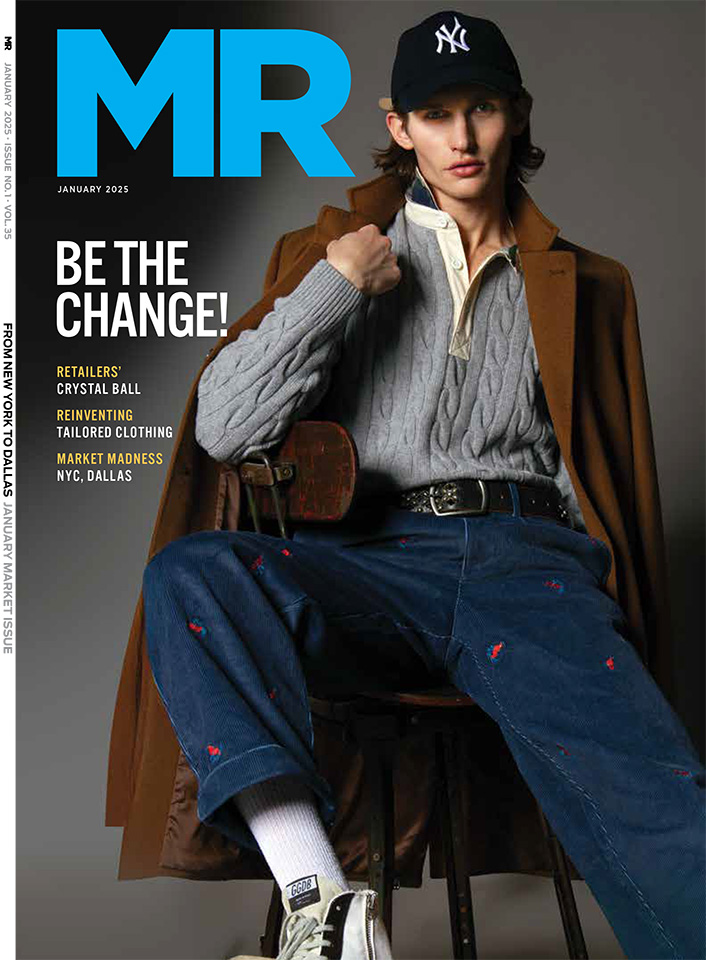The Luxury Sector Has Been Hit Hard By The Virus. And What Consumers Value Has Changed

Aug 10, 2020
The coronavirus pandemic has put many industries into crisis mode, and luxury retail is one of them. With fewer places to see and be seen, shoppers are slowing their spending, with an estimate from consultancy firm McKinsey forecasting the global luxury goods market will contract by 35% to 39% in 2020, year-over-year. “Dressing up, buying new clothes and following fashions is incredibly dependent on social activities such as going to work, going out, having parties and simply being seen by others,” stated Vicky Bullen, CEO of branding consultancy Coley Porter Bell in an email to CNBC. “If you’re not seeing anyone, what’s the point?” she added. Read more at CNBC.


The fashion industry must talk to the customers to tell them about quality and value. Sweat pants wont do it much longer. Style is important to have a message and direction on dressing post covid. Leaders in the industry will take charge.
This might have been true 3 months ago. People are going out. Gathering of 50 or less is being aloud. Plus we have seen (we have a membership of over 200 boutique retailers) people are “dressing” up a little more for everyday errands to backyard BBQ. Peacocking is a trend we are seeing more and more.
Luxury business as been affected for other reasons, Like the Chinese not being able to travel and shop.
We are also seeing a new consumer making more of an investment purchase (luxury) than before. We feel the luxury business will start to grow in fall 2021.
The fashion community can do all the “talking” it wants. The consumers have spoken and they say they’re not buying luxury or any quality/high-end clothing when offices are 85% empty, they’re spending most of there work hours at home on emails and zoom meetings and have absolutely no business or pleasure events to attend. For 85% of the better consumer there simply is no motivation to wear nice clothing. This is especially true for men. If we don’t change how we interact and begin a more professional face to face contact (with safety protocols) and encourage more reasons to socialize responsibly in small groups then we shouldn’t expect things to improve- not in 2020.